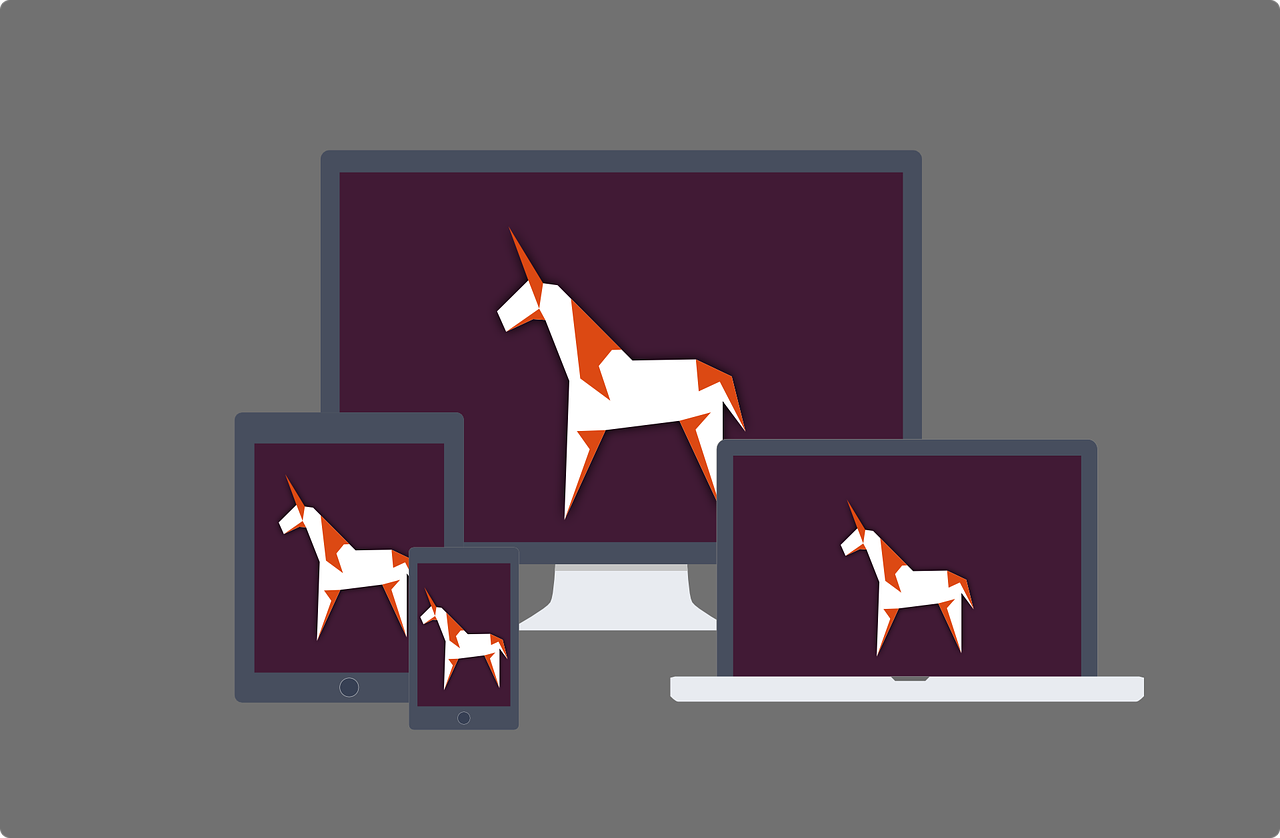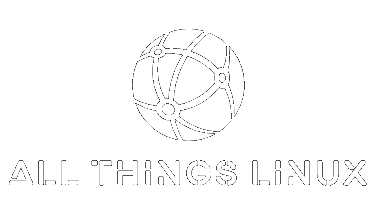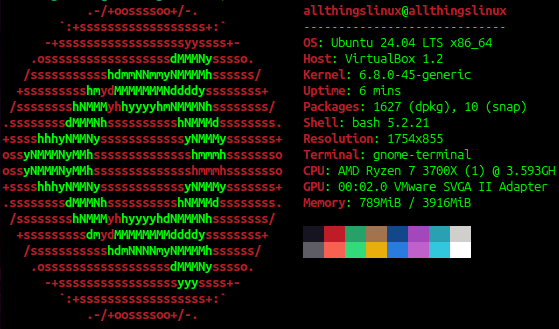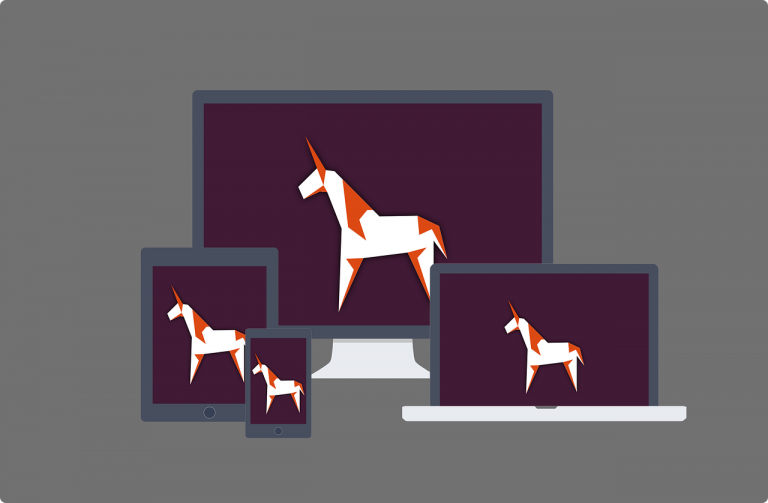
Linux is an open-source operating system kernel that serves as the foundation for various operating systems, commonly referred to as Linux distributions or distros. Developed by Linus Torvalds in 1991, Linux is built on the Unix operating system. One of the key features of Linux is its open-source nature, which means its source code is freely available, allowing developers worldwide to contribute, modify, and distribute their versions of the operating system.
Why would you use Linux?
- Open Source and Free: Linux is free to use, and its source code can be modified, distributed, and customized according to individual needs without any cost.
- Security: Linux is known for its robust security features. Its permission-based system and inherent design make it less vulnerable to viruses, malware, and other security threats compared to some other operating systems.
- Customization: Linux offers a high level of customization. Users can choose from a wide variety of desktop environments, themes, and software to tailor their experience to their preferences.
- Stability and Reliability: Linux is recognized for its stability and reliability, making it suitable for both personal and enterprise use. It often requires fewer system reboots and generally has better uptime compared to other operating systems.
- Vast Software Repository: Linux distributions have vast repositories of free and open-source software available for installation. These repositories contain a wide range of applications for various purposes, from office suites to multimedia tools and programming environments.
- Performance: Linux distributions are often optimized to run efficiently even on older hardware, making it a good choice for reviving older computers or running resource-intensive applications.
- Community Support: The Linux community is vast and active. Users can find support through forums, documentation, and various online resources where experts and enthusiasts are willing to help.
- Compatibility and Flexibility: Linux supports a wide range of hardware and file systems, making it versatile for use in different environments. Additionally, it can run on various devices, from servers and desktops to embedded systems and IoT devices.
Is Linux right for me?
It’s important to note that Linux might not be suitable for everyone. Its learning curve can be steep for individuals accustomed to other operating systems like Windows or macOS. Some specialized software or games might not be readily available or fully compatible with Linux, although this gap has been narrowing as more developers create Linux-compatible versions of their software.




Howdy! This post could not be written much better!
Looking through this article reminds me of my previous roommate!
He constantly kept talking about this. I
am going to send this post to him. Pretty sure he’s going to
have a very good read. Thanks for sharing!
Thank you for the feedback. Hopefully he found some use from it.